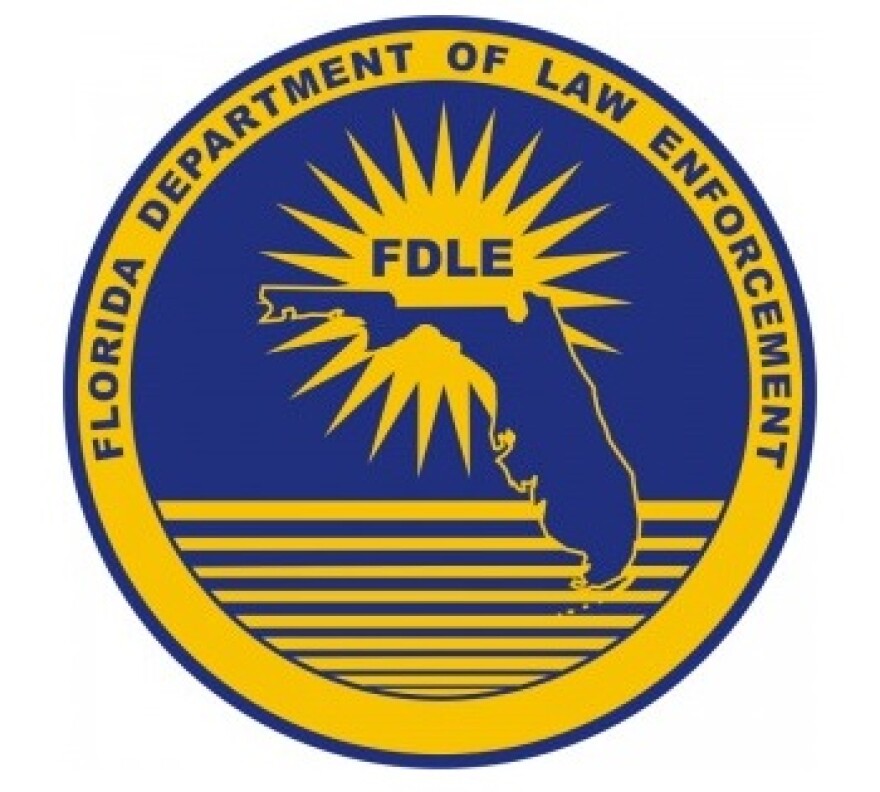In the coming months, there will be some major shifts in the way statewide crime lab currently operate. The Florida Department of Law Enforcement is looking to make some procedural changesspurred on by the initial arrest of a former crime lab chemist in a supervisorial role, suspected of tampering with drug evidence.
What Led To The Changes?
Back in February, the news broke that hundreds of drug cases under the Florida Department of Law Enforcement’s purview might have been compromised. During that time, FDLE Commissioner Gerald Bailey held a news conference about the agency’s investigation into the missing prescription drugs.
“Because of this breach, we have a lot of work to do to restore the confidence of our colleagues and of the Florida public. Our first priority is to find out exactly what happened in this particular case and work with the State Attorneys to hold this person criminally accountable. Our second priority is to review lab protocols to make sure this doesn’t happen again,” said Bailey.
Investigators soon determined that Joseph Graves—a supervisor at FDLE’s accredited Pensacola crime lab—had overseen the cases in question. Graves resigned his position and was later arrested for replacing drug evidence with over-the-counter meds. He was charged with grand theft, 12 counts of tampering with or fabricating evidence, and nine counts of trafficking in illegal drugs.
Since 2006, Graves handled about 2,600 cases for 80 law enforcement agencies in more than half the counties in the state. So, after further investigation, he was re-arrested in early May with 41 additional counts. And, Bill Eddins says that’s understandable with so many jurisdictions involved. Eddins is the State Attorney for the 1st Judicial Circuit in the Panhandle area, whose office is also prosecuting the case.
“Law enforcement jurisdictions from the first Circuit—which is the western part of the Panhandle, the four western counties: Escambia, Santa Rosa, Okaloosa, and Walton. In addition, it covered the 14th Circuit, including Jackson County, Bay County’s Panama City, and Jackson is Marianna. It also included a count from Franklin County, which is Apalachicola,” said Eddins. “Suwannee County had several counts that were added. And, Pasco County, which is North of Tampa, had several, Sumter County had some, and there were other jurisdictions as well.”
Eddins says while the investigation is still ongoing, he doesn’t expect any more new charges, adding it could be months before an actual trial takes place.
“He would normally have an arraignment on these new charges on about three weeks. The standard procedure would be to enter a ‘not guilty’ plea, which we anticipate and it will be several months before the discovery is completed and the matter is ready for trial because of the large number of cases involved as well as the diverse and spread out jurisdictions and agencies that are involved,” Eddins added.
Since his recent rearrest, Graves remains in jail with a bond of just over a million dollars. He was originally booked into the Bay County Jail and later transferred to the Escambia County Jail Monday.
Procedural Changes
Meanwhile, the arrest has called FDLE’s drug crime lab operations into question. And, Agency Spokeswoman Gretl Plessinger says the Inspector General did a review of the lab system and made some recommendations.
“So, some of the changes they recommended are new packaging to include descriptions of submitted items and the requirement that pharmaceutical drugs be packaged in clear bags. There were also some limits to forensic vault access with members with evidence intake duties and to prohibit lab analysts who work on cases from assigning cases to themselves,” said Plessinger.
Essentially, Commissioner Gerald Bailey says to get to where they need to be, “we’re going to start from zero.”
Bailey says overall, these changes are important, not just for the safety of the general public, but for lab employees as well.
“It is just one guy, one lab, and one section. But, still I don’t want to demean the significance of this. The morale hit with all our forensics has been rough because they’ve enjoyed the reputation that they had. And, if you had the ability to see our two people that testified in the [George] Zimmerman trial, you’ll see that they deserve that reputation,” said Bailey, following an update he made to lawmakers in mid-February.
Bailey is also looking into more scrutiny in the crime lab operations, such as random inspections. The changes are expected to take effect July 1st.
For more news updates, follow Sascha Cordner on Twitter: @SaschaCordner.






